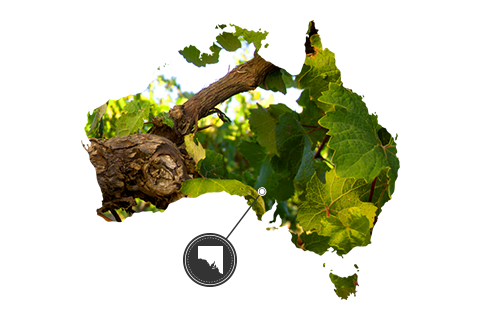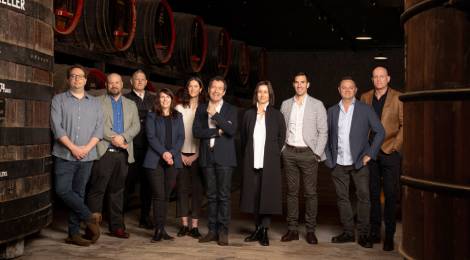Bin 2 Shiraz Mataro 2021
Penfolds
Bin 2 Shiraz Mataro 2021
Penfolds
Bin 2 Shiraz Mataro 2021
- Exclusive pricing and offers
- Shipping included
- Plus more
Overview
Overview
Bin 2 was first released in 1960, yet was temporarily discontinued in Australia in the 1970s at the height of the white wine boom. The original Bin 2 was an ‘Australian Burgundy’ style (despite its Rhône varieties) typically a soft, medium bodied wine based on shiraz. Often used in fortified wine production, this grape is widely planted in the Barossa Valley. It is valued by winemakers for its blending attributes, adding complexity and palate grip. Interest in Bin 2 has grown as the popularity of traditional Rhône varieties and blends continues to flourish.
| Varietal | Shiraz Mataro |
|---|---|
| Vintage | 2021 |
| Country | Australia |
| Region | Multi Region |
| Volume | 750 mL |
| Closure | Screw Cap |
| Alc/Vol | 14.5% |
Taste Description
Taste Description
Nose
The aromatic spectrum is weighted towards savoury rather than fruity. Nevertheless, raspberry, pomegranate & satsuma plum aromatics announce their presence. Meaty pan scrapings laced with cardamom and baking spices add to the allure. Charcuterie meats and quince paste round out a lovely nose.
Flavours and Palate
Well-integrated shiraz and mataro fruits wash over the palate, brimming with flavours of cured meats. A suggestion of roast game, perhaps venison loin? Duck rillettes on toasted lavosh conjure thoughts of Autumnal picnics. There is the merest suggestion of savoury oak, presented a slight char, akin to seared peppered beef. Soft tannins and fine acidity draw out finish. Very approachable, a wine that promises to work with a wide range of cuisines.
Viticulture Vintage & Winemaking
Viticulture Vintage & Winemaking

South Australia
Home to the oldest vines in the country, and no less than 18 wine growing regions, South Australia accounts for almost 50% of Australia’s wine production. The Barossa Valley, McLaren Vale, Langhorne Creek and Coonawarra are well known for their world class reds, with Adelaide Hills, Clare Valley and Eden Valley praised for their exceptional Chardonnay and Riesling.
Vintage Conditions
The Barossa Valley had a mild season with August rain supporting spring growth. Warm spring aided budburst and flowering, while summer was near average, with 21 days >35°C. McLaren Vale followed a similar pattern, with spring rainfall after a dry July and only nine summer days above 35°C. Veraison was later than usual, pushing harvest into March. Coonawarra and Wrattonbully started well. Despite some cold nights in Coonawarra, there was no frost damage, and Wrattonbully had only minimal crop loss. Ideal flowering conditions led to excellent fruit set and yields. Cooler summer and autumn temperatures allowed slow, even ripening — resulting in an outstanding vintage for shiraz and mataro.

The Penfolds Team
Key to the success of Penfolds has been a lineage of visionary winemakers. There have only ever been four Chief Winemakers at the helm of Penfolds – Max Schubert, Don Ditter, John Duval and Peter Gago, each a custodian of a rich winemaking tradition that goes back for more than 170 years.
Our current Penfolds winemaking team has more than 100 years between them as Penfolds winemakers. They are constantly refining and improving their work, whilst honouring the winemaking techniques of their predecessors.
.png?sw=700&sh=849&sm=fit)
.png?sw=104&sh=156&sm=fit)
